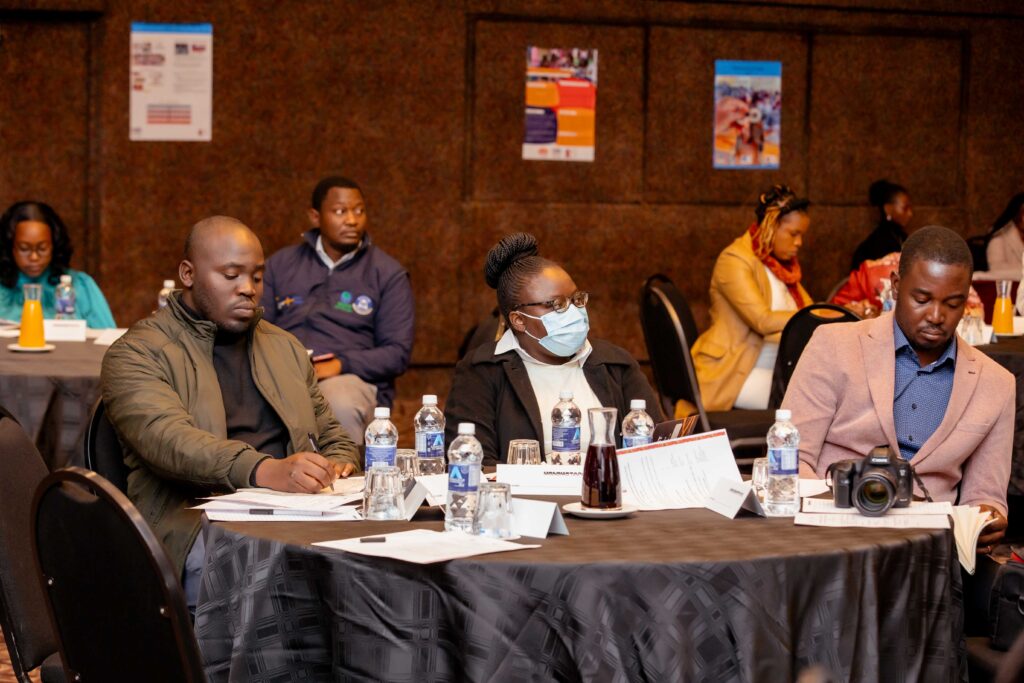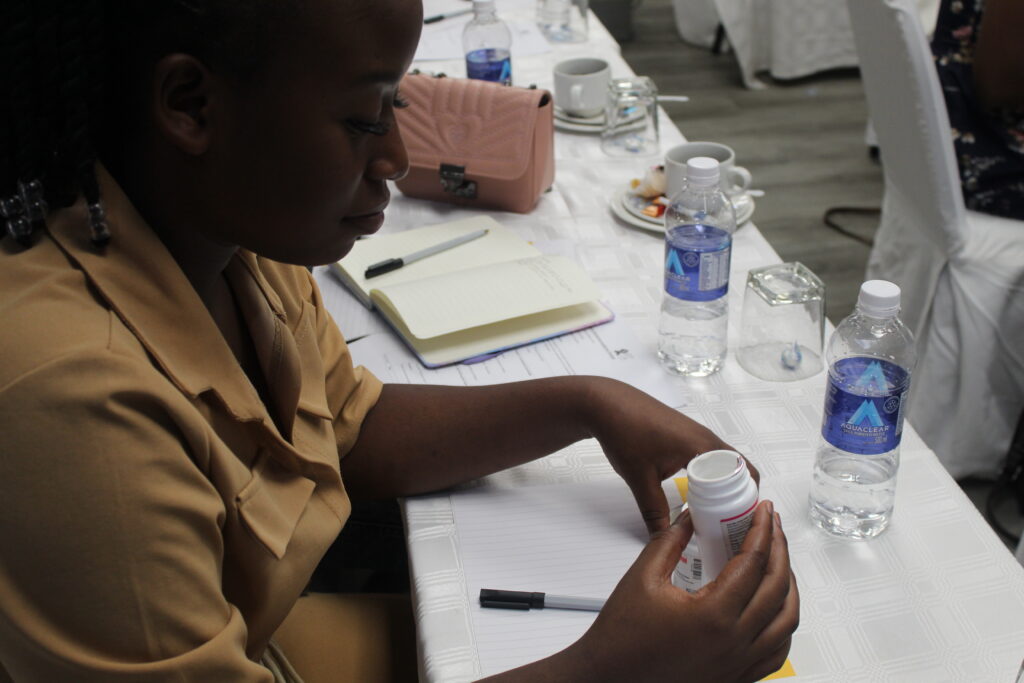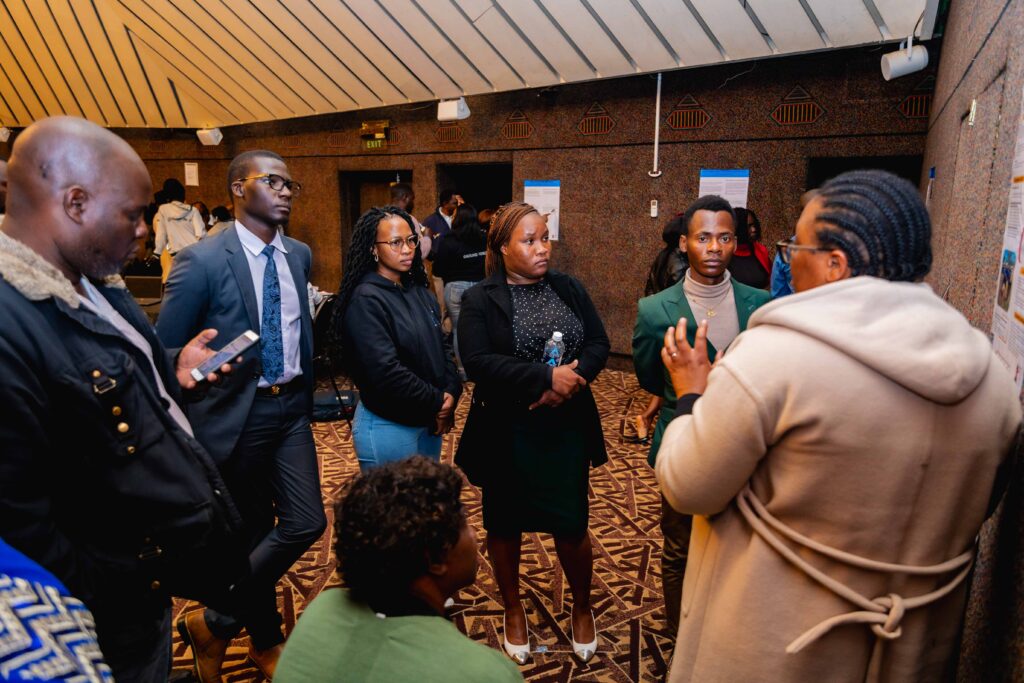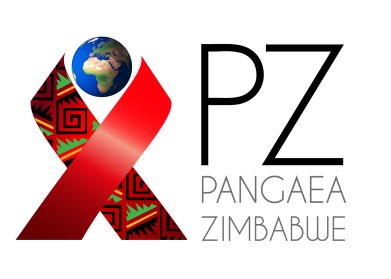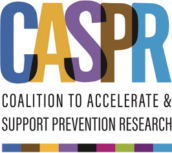
Purpose
The Coalition to Accelerate & Support Prevention Research (CASPR), designed by AVAC in collaboration with key partners and supported by USAID, was an African-led coalition of 13+ partners, working together to change how HIV prevention was pursued and delivered (focused on accelerating biomedical HIV Prevention research).
CASPR activities were focused primarily in key African countries with the highest burden of new HIV infections, and where biomedical HIV prevention research is ongoing or planned. Focus was on advocacy for biomedical HIV interventions in the pipeline from research to rollout and brings together experienced partners committed to a collaborative movement for responsive HIV prevention research.
CASPR activities fell into three major pillars of activities – advocacy and policy, research preparedness, and research translation. Under the MERL workstream, CASPR aimed to strengthen and expand CASPR monitoring, evaluation, reporting, and learning (MERL) systems, building on performance management plans (PMP) revisions from Year 5; create a culture of collaboration, ownership, and use of MERL data for decision-making across the Coalition. This project was USAID-funded, supported through a partnership led by AVAC, with contributions from various Africa-based partners.
Target Population
|
Masvingo Province,
Matabeleland South
Harare
Chitungwiza
Mashonaland Central
Bulawayo
Regional
Geographical Location
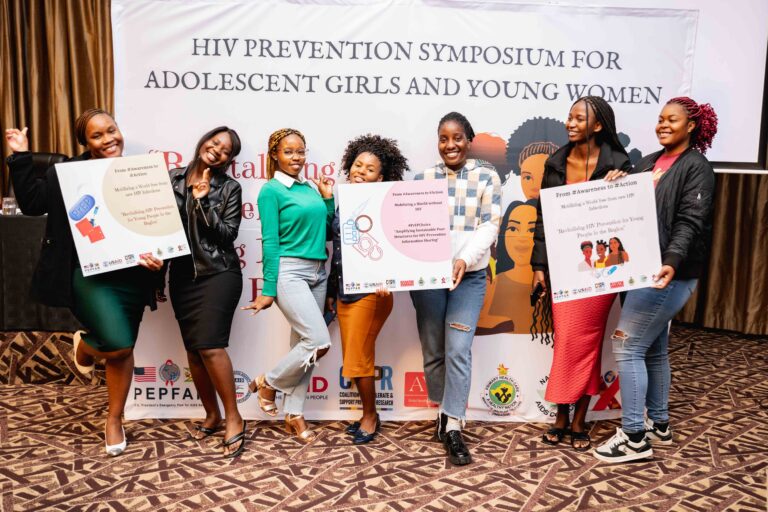
Key Strategies
Strengthen advocacy for biomedical HIV prevention interventions.
Promote access and uptake of PrEP, PEP, condoms, and emerging biomedical tools.
Build capacity of stakeholders and communities.
Empower AGYW, PLP, civil society groups, and institutions with knowledge and skills in HIV prevention.
Enhance multi-stakeholder engagement for policy and program influence.
Collaborate with government ministries, CSOs, educational institutions, and community structures.
Advance research preparedness and ethical participation in HIV prevention research.
Equip communities and stakeholders to understand, support, and participate in research.
Translate HIV prevention evidence into policy and practice.
Simplify, disseminate, and advocate for uptake of new research findings.
Strengthen and harmonize MERL systems across the CASPR Coalition.
Improve alignment with the revised Performance Management Plan (PMP).
Improve data quality, accessibility, and reporting efficiency.
Strengthen processes for collecting, storing, analyzing, and sharing performance data.
Foster a culture of collaboration, ownership, and accountability.
Promote shared responsibility among partners for MERL functions.
Integrate MERL insights into decision-making processes.
Support evidence-driven strategic and operational planning.
Enhance continuous learning and adaptive management.
Promote reflection, knowledge exchange, and course correction.
Major Activities
Conduct advocacy meetings with government ministries, CSOs, and health institutions.
Train AGYW, PLP, and community actors on HIV prevention, rights, and service access.
Implement community awareness initiatives focused on biomedical HIV prevention.
Host research literacy sessions and preparedness trainings for stakeholders.
Translate research findings into user-friendly briefs, toolkits, and policy recommendations.
Support service delivery platforms targeting AGYW and PLP.
Participate in technical working groups and policy consultations.
Review and align partner MERL systems with the updated PMP.
Conduct capacity-building workshops on MERL tools, reporting guidance, and data use.
Strengthen data collection processes across CASPR partners.
Improve reporting templates, dashboards, and digital data systems.
Carry out data quality assessments and provide technical support.
Facilitate quarterly learning sessions, pause-and-reflect meetings, and knowledge exchanges.
Develop and disseminate MERL knowledge products (briefs, reports, performance summaries).
Support partners to use MERL evidence in programming, planning, and advocacy.
Outcomes
- Community Health Milestone: The Ministry of Health and Child Care (MoHCC) endorsed the HIV Prevention Manual for Pregnant and Lactating People developed by CASPR, a significant milestone that allows the manual to be disseminated across communities. PZ facilitated a review, and stakeholder feedback from the Ministry, ensuring it became a trusted HIV prevention resource.
- HIV Prevention Champions-in Tertiary Institutions HIV prevention champions became more visible through WhatsApp, face-to-face interactions, and Life Skills mass lectures. The inclusion of Adolescent Boys and Young Men (ABYM) in PrEP referrals has increased engagement in HIV prevention services in five college clinics across Zimbabwean districts. In Tertiary Institutions, HIV prevention champions became more visible through WhatsApp, face-to-face interactions, and Life Skills mass lectures. The HIV prevention champions referred tertiary students to access HIV prevention information and services across the six districts in Zimbabwe. Oral PrEP is now available at six of seven colleges.
- Training of Mentor Mothers – mentor mother trainings were held across six National AIDS Council districts, ensuring mentor mothers can share information on HIV prevention products like Oral PrEP, Dapivirine rings, and injectables in their communities. This was to empower pregnant and lactating individuals to make informed decisions about their health. Engaged influencers of PLP (traditional leaders, community leaders) in literacy sessions.
- The use of SPARC and COAT have strengthened the capacity of partners to take the lead in identifying their outcomes.
- At coalition level, documentation of coalition outcomes that linked with the objectives. These tools have enabled the collective harvesting of outcomes from a Contribution instead of an Attribution perspective thus highlighting the change that these diverse partners have brought about through their work.
- An improvement in focusing on outcomes in using the CASPR MERL Advocacy Handbook in their advocacy activities was observed. By demonstrating the positive impact of partners` collective efforts, MERL has strengthened collaboration and cooperation among coalition partners.
Resources
Access CASPR Resources Here.

